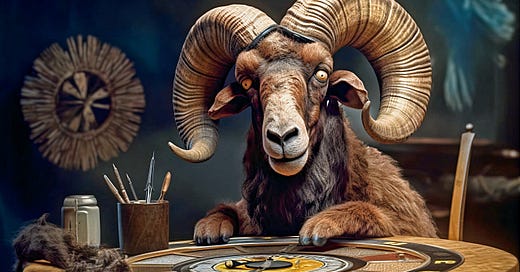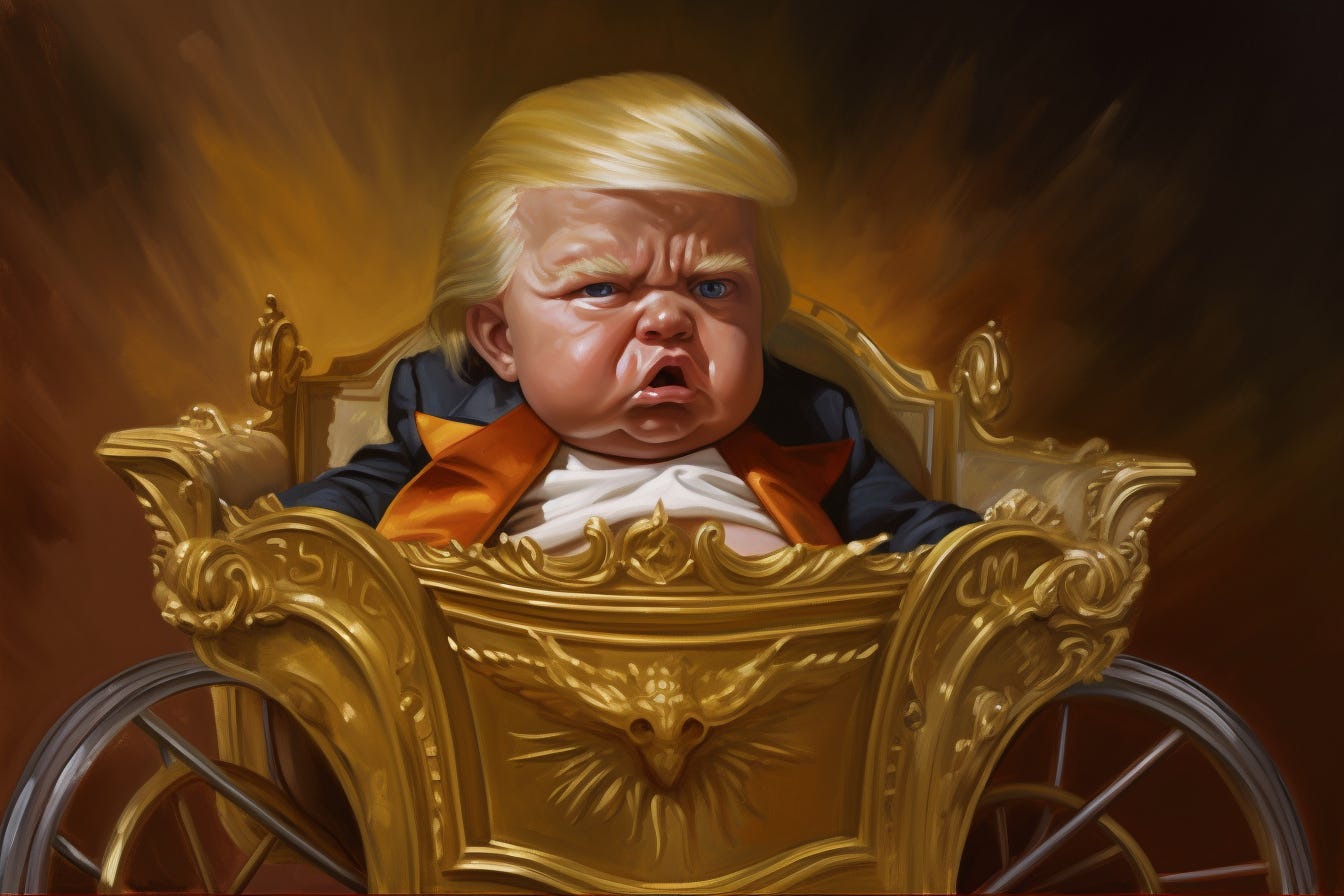Sometimes we think of God as an over-indulgent parent. Need to be paid? A high grade? A great job? A few bobs? No plan? No problem, just ask God. And once I'm counting on divine intervention, I may also ask for the winning lottery ticket. Putting the tongue-in-cheek hyperbole aside, we shouldn't be ashamed of reaching out to our creator. There is nothing inherently wrong with possessing a prayerful disposition. In fact, Rav Shimshon Pincus advises that we become accustomed to requesting God's assistance in mundane situations. He sees it as critical for us to experience God as deeply concerned with even the minutiae of our seemingly insignificant affairs.
What I'm aiming for here is to address the underlying psychology of how we approach God. I plan to uncover our prior beliefs, our a priori assumptions about the divine. This will lead me to suggest an additional ingredient to our spiritual blend.
Why do we feel like we can ask God for anything? He looks out for everyone, sure. But as Jews, we have a particular responsibility and privilege of being His chosen people. We bank hard on God's promise to safeguard our tiny nation in perpetuity and take it for granted that we will ultimately witness messianic redemption. After all, we know we have a unique ace up our sleeves. We confidently invoke the zechus avos, the merit of our forefathers, to bolster our daily prayers. Secure in the belief that their virtuous deeds will also deliver us.
But what exactly is Zechus Avos? How do our forefathers' personally accrued accomplishment function as a protective benefit for us? Some people think God is playing favourites, adhering to Polemarchus's cynical definition of justice: To benefit one’s friends and harm one’s enemies. Of course, this simplistic conception of the Zechus avos mechanism is exceptionally crude. It is unthinkable that God, whose emblem is truth, could so profoundly corrupt the scales of equity. Surely the recall of our ancestors' meritorious deeds must account for more than rank nepotism? A recent New Yorker magazine raised celebrity ire by declaring 2022 the year of Nepo Babies after the many individuals owing success to their influential parents. Donald Trump himself infamously received a 'small loan of a million dollars' from his father. Yet there must be more depth to the sense of the Jewish relationship with God.
Addressing this question, Rav Eliyahu Dessler offers a brilliant explanation of Zechus Avos. He asks us to imagine a scenario where two juveniles stand before a judge for identical crimes. There is one critical difference between the two offenders. The first comes from an exemplary upright household, whilst the second has no positive role models in his life. In adjudicating this case, the judge returns the first culprit home, instructing the youth's family to ensure he never again strays from the straight path. Unfortunately, this ideal solution does not present with the second offender. He has no reputable relations to take responsibility for his moral re-education. Begrudgingly the judge is forced to take more blunt measures, perhaps enlisting him in a young offenders program or a juvenile correctional facility. Whilst unfortunate, the latter scenario does not represent a miscarriage of justice but a holistic approach.
In this parable, the judge represents God, and the first offender, a wayward Jewish people. As the Ramchal explains, through their heroic self-sacrifice, our lofty forefathers etched specific characteristics into their descendants' spiritual DNA. Mystically understood, the Tanya delineates how even a Jew's physically inclined animal soul was thus invested with certain transcendent traits. This means that even when a Jew strays, God will give him the time to fall back on his 'family support system'—a moral, ethical, and religious inheritance from our ancestors.
We now have an undeniably satisfying approach. But, it turns out this answer can only be true at a certain level of reality. Within the created physical and spiritual dimensions, good and evil exist as concrete phenomena, yet the distinction between virtue and corruption melts away at the highest and most esoteric level. As the verse puts it:
If you sin, what do you do to Him? If your transgressions are many, How do you affect Him? If you are righteous, What do you give Him? ...{Iyov 36:6-7}
From our perspective, zechus avos does the trick. But it only makes sense to ‘choose’ the Jewish people if there is a difference between good and evil. While God may have created our reality, from His vantage point, there is no dividing line separating the two. Consequently, God's embrace of the Jewish nation ceases to be grounded in discernible logic.
Understanding the latter helps us draw symbolic meaning from the cryptic Azazel ritual introduced in this week's Parsha. On Yom Kippur, the high priest sent a scapegoat to bear the Jewish people's sins. Two goats were chosen for the ritual, one designated by lots "for the Lord" and the other "for Azazel (an evil force)”. The goat destined “for Azazel” was driven into the wilderness and cast over a precipice to its death.
Our sages teach that these two goats must be exactly alike in every aspect:
...they will be identical in appearance, height, and monetary value. Additionally, they must be acquired together... {Mishnayos Yoma 6:1}
Why do these goats need to be of similar appearance? And why is their fate decided by a gorel, lot? Rav Yoel Kahn writes that people use a gorel to choose between irreducibly similar entities, i.e. the biblical equivalent of flipping a coin to decide which ice cream to buy. The identical goats represent the fact that there is no difference between the sinful and the good on God's lofty level. The fateful day of Yom Kippur thus shares an etymological link with the word pur, which also means lots. On this occasion, we perceive God's choice beyond all reason. Even from a place where there is nothing to differentiate between us and all other nations, where a gorel is needed to select one over the other, we are still God's chosen nation.
But where does all of this leave us? As we discussed earlier, we must interact with God on our level. We are required to understand the Jewish nation's unique place in our created reality. Yet there is a deeper dimension to our relationship with the divine. Our ‘chosenness’ operates at two levels. The 'worldly' level in which zechus avos plays a part and the ‘God perspective’ which lies beyond any realm of human conception. Because the second level is both abstract and esoteric, integrating it into our daily lives becomes difficult. Yet it must remain as a backdrop to our religious experience. Ultimately, we must come to recognise that we stand before a being of unfathomable supremacy, an entity infinitely removed from our finite existence. And realise He has chosen you.
Good Shabbos, and Keep Pondering





